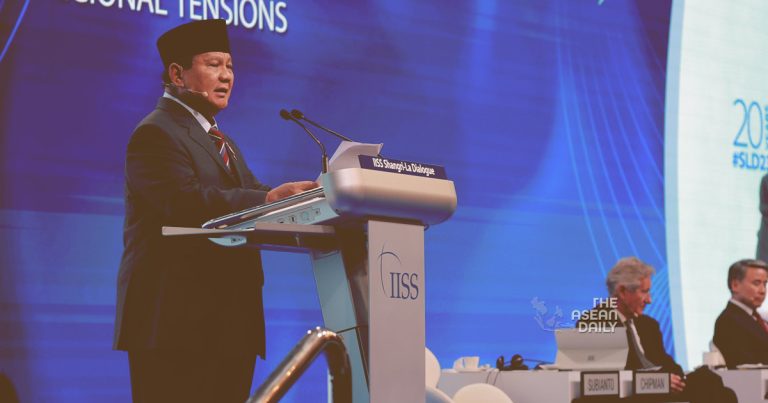10-7-2024 (JAKARTA) Indonesia’s president-elect, Prabowo Subianto, is reportedly considering removing legal limits on the country’s budget deficit as his incoming administration explores avenues to widen fiscal space and facilitate increased government spending, according to a report by the local news outlet Tempo.
Ahead of his inauguration on October 20th, Prabowo has assembled a team to study potential revisions to the State Finances Law, which currently caps the fiscal deficit at 3% of gross domestic product (GDP) and government debt at 60%. The law, signed in 2003 after Indonesia’s recovery from the Asian financial crisis, has been a cornerstone of the nation’s fiscal prudence.
The Tempo report, citing unnamed sources, revealed that amending the law would also pave the way for Prabowo to establish a standalone state revenue agency, separate from the Finance Ministry. Former chief justice Jimly Asshiddiqie, who is leading the team, confirmed to Tempo that they are preparing a legal framework to create the revenue body.
However, Said Abdullah, the chairman of the Indonesian parliament’s budget committee, reiterated his commitment to retaining the fiscal deficit ceiling on Tuesday, stating, “It is important for future fiscal health.” Abdullah added that Prabowo’s transition team had conveyed a similar stance, suggesting that the incoming president may refrain from altering the law.
“If you look at future fiscal challenges, they are getting tougher, and the space is getting narrower. I think President Prabowo will not tinker with the law,” Abdullah told reporters.
The potential revisions to fiscal rules have added to the uncertainty surrounding the fiscal outlook of Southeast Asia’s largest economy, fueling foreign fund outflows and pressuring the rupiah. Investors are concerned that Prabowo could adopt a more expansionary fiscal policy, particularly after he stated in May that the country needs to be “more daring” with spending, given its relatively lower debt and deficit metrics compared to its peers.
According to Tempo, Prabowo is considering removing fiscal constraints to deliver on his campaign pledge of providing free school lunches, a program estimated to cost over 400 trillion rupiah ($25 billion) annually when fully implemented.
Additionally, the incoming president must follow through on his promise to continue President Joko Widodo’s initiatives, including the $34 billion new capital city project set for inauguration next month.
Bloomberg News had previously reported that the incoming administration was planning to raise Indonesia’s debt-to-GDP ratio by 2 percentage points annually over the next five years, a move that would take it to a two-decade high of close to 50%. However, an adviser to Prabowo later denied the plan, stating that they would observe fiscal prudence.




